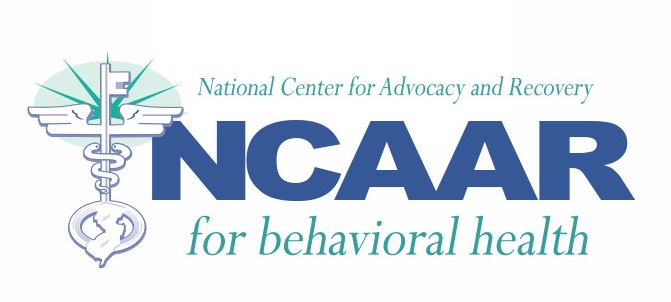This morning I was helping my ten-year-old daughter with her
social studies homework. I fought the urge to turn to Google for a hint to the answer, but lost. Feeling
slightly ashamed, I recalled my own fifth grade projects and library trips,
which did not include such instant access to information. I couldn’t help but
think of the immeasurable impact the information age has had on our lives.
Twenty years ago, if someone needed help with a substance
misuse or mental health issue I remember the amount of research and phone calls
setting up treatment or support required. In fact, if you didn’t know someone
in the field or have a therapist, it was nearly impossible to network. And
maybe, just maybe, if you found you way to a 12- step meeting you might find
some resources.
This astounds me today as I edit video clips that will be
posted to our youtube channel, potentially reaching thousands of people. I
watch parents of addicts tell their story in hopes of reaching those out there
who need to see it. We comb through vital links that could be of great service
to many such as http://www.njconnectforrecovery.org/
, a 24-hour help line created by the
Mental Health Association-NJ for those that suffer from opiate addiction (both
heroin and prescription opiates).
Speaking of prescription drugs, this epidemic did not exist
20 years ago either. It is a startling fact that 46 people die from an overdose
of prescription painkillers in the United States every day. In an effort to
reduce the number of fatalities, New Jersey lawmakers are trying to enlist
practitioners, the ones who give the prescription to the patient in the first
place. Senate Bill S-2366
requires practitioners to have a conversation with patients to make them aware
of the risks of addiction that are associated with opiate painkillers. This
bill passed the Senate in December of 2014 and is waiting to be introduced into
the Assembly. For updates on this bill visit http://www.njleg.state.nj.us/bills/BillView.asp?BillNumber=S2366
To
take action on addiction- and recovery-related issues and help to advocate on bills
like this so they become law, you can be a Think Advocacy member by emailing: info@ncaddnj.org
Dorene Kinloch
Communications Specialist
NCADD-NJ
